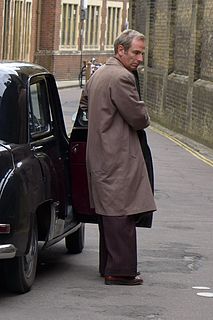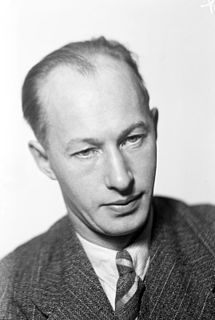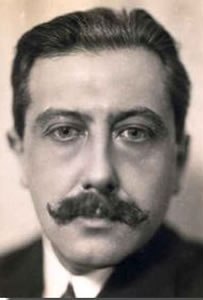A Quote by Fannie Lou Hamer
To support whatever is right, and to bring in justice where weve had so much injustice.
Related Quotes
...the statement, "The purpose of the law is to cause justice to reign," is not a rigorously accurate statement. It ought to be stated that the purpose of the law is to prevent injustice from reigning. In fact, it is injustice, instead of justice, that has an existence of its own. Justice is achieved only when injustice is absent.
The industrial and social injustice of our era is the tragic aftermath of democracy's overemphasis on freedom as the "right to do whatever you please." No, freedom means the right to do what you ought, and ought implies law, and law implies justice, and justice implies God. So too in war, a nation that fights for freedom divorced from justice has no right to war, because it does not know why it wants to be free, or why it wants anyone else to be free.
For both of us, I think, it had to do with our weakened power to love. It is strange that enslavement should have that effect – not just the fantastic degradation, not just the fear and the boredom and all the rest, but also the layered injustice, the silent injustice. So all right. We’re back where we started. To you, nothing – from you, everything. They took it from me, it seems, for no reason, other than that I value it so much.
Justice in the hands of the powerful is merely a governing system like any other. Why call it justice? Let us rather call it injustice, but of a sly effective order, based entirely on cruel knowledge of the resistance of the weak, their capacity for pain, humilation and misery. Injustice sustained at the exact degree of necessary tension to turn the cogs of the huge machine-for-the-making-of-rich-men, without bursting the boiler.






































